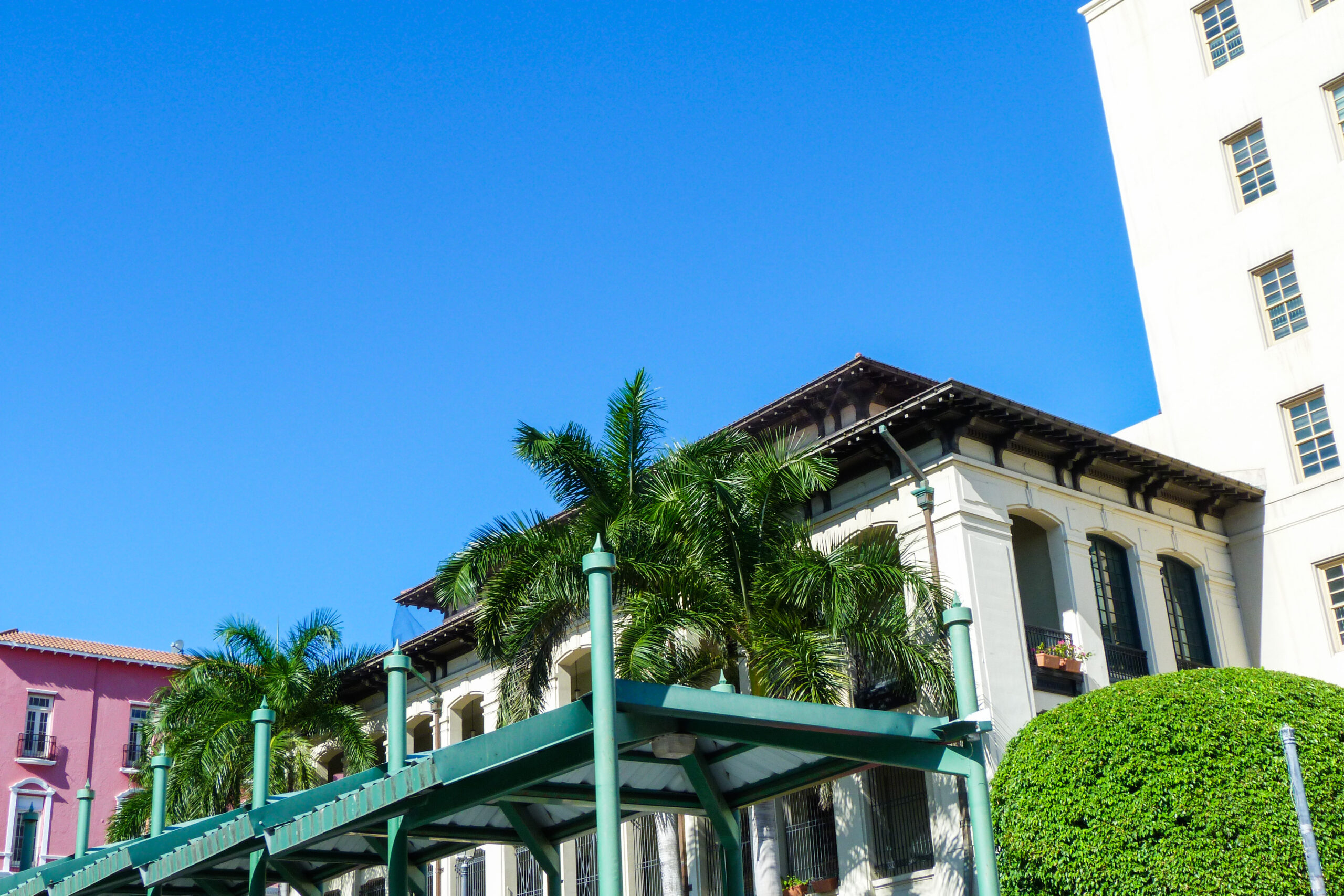If you’re a Florida homeowner wondering how long your roof will last in this heat, humidity, and hurricane-prone climate—you’re asking the right question. Your roof isn’t just a cover over your head—it’s your first line of defense against everything from UV rays to tropical storms.
In this article, we’ll break down the lifespan of common Florida roofing materials, what impacts their durability, and how to get the most life out of your roof.
🌴 Why Florida Climate is Tough on Roofs
Florida’s unique weather—scorching sun, salt air, high humidity, and hurricane threats—can accelerate roof wear and tear. That’s why it’s important to choose the right roofing material and understand its expected lifespan under these extreme conditions.
🏠 How Long Do Roof Types Last in Florida?
1. Asphalt Shingle Roofs
- Lifespan: 15–20 years (standard) or 20–30 years (architectural)
- Pros: Affordable, easy to install
- Cons: More prone to wind damage and heat degradation
- Florida Tip: Go with architectural shingles—they’re thicker and more wind-resistant.
2. Tile Roofs (Clay or Concrete)
- Lifespan: 40–50+ years
- Pros: Durable, excellent wind resistance, energy efficient
- Cons: Heavy, higher upfront cost
- Florida Tip: Perfect for coastal and hurricane-prone areas—just make sure your structure can support the weight.
3. Metal Roofs
- Lifespan: 40–70 years
- Pros: Reflects heat, lightweight, very resistant to wind and salt air
- Cons: Can be noisy in heavy rain, higher upfront cost
- Florida Tip: Aluminum and galvalume are great metal options for coastal zones.
4. Flat or Low-Slope Roofs
- Lifespan: 15–25 years (depending on membrane type like TPO, modified bitumen, etc.)
- Pros: Good for modern designs, allows for rooftop features
- Cons: Needs proper drainage, more prone to leaks
- Florida Tip: Make sure the system is well-ventilated and professionally installed to avoid water pooling.
5. Wood Shake Roofs
- Lifespan: 20–30 years
- Pros: Natural look, good insulation
- Cons: Not ideal in high-humidity areas, higher maintenance
- Florida Tip: Not commonly recommended—humidity and termites can shorten its life significantly.
🛠️ Factors That Impact Roof Lifespan in Florida
- Hurricane and storm exposure
- Sun and UV intensity
- Humidity and moisture buildup
- Poor ventilation or installation
- Regular maintenance (or lack of it)
🧰 Extend Your Roof’s Life: Maintenance Tips
- Schedule annual inspections, especially before hurricane season
- Keep gutters clean to prevent water damage
- Trim overhanging trees to reduce debris and limb damage
- Address small repairs early before they become costly issues
🔍 Final Thoughts: Choosing the Right Roof for Florida
When it comes to longevity, tile and metal roofs outperform other options in Florida. But your choice should also consider your budget, aesthetic preferences, and whether you’re in a high-wind or coastal zone.
Need help evaluating your roof or choosing the best materials? Schedule a roof inspection or free consultation today with our Florida roofing pros.

